The health hazards behind the clean eating craze
Converts to the latest food trend could have 'severe problems' in later life, say experts
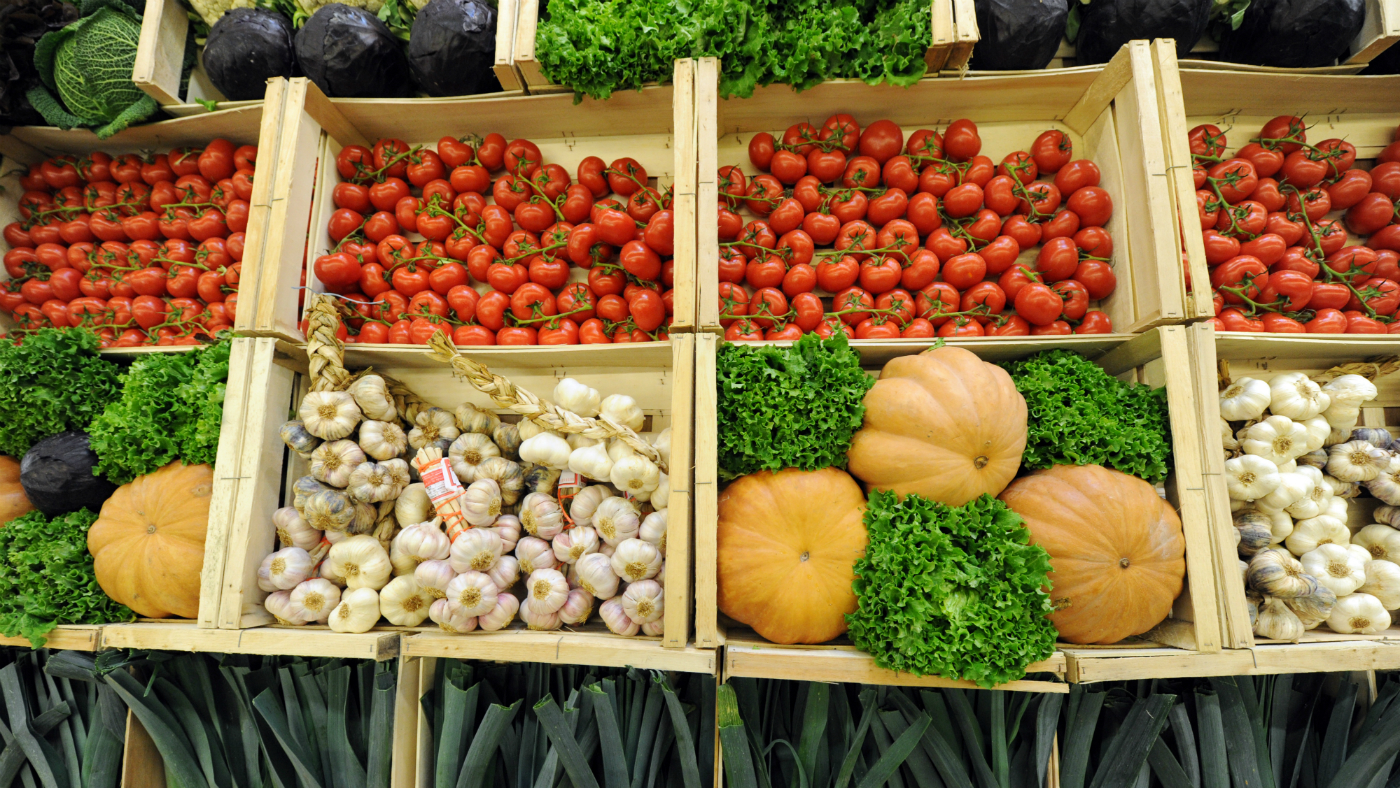
A free daily email with the biggest news stories of the day – and the best features from TheWeek.com
You are now subscribed
Your newsletter sign-up was successful
The phenomenon of so-called 'clean eating' has developed a huge following in recent years, spawning its own celebrity chefs as well as a host of new restaurants keen to capitalise on the trend.
But a leading UK bone charity has warned that the clean eating fad may lead to a future where broken bones are the "norm".
What is clean eating?
The Week
Escape your echo chamber. Get the facts behind the news, plus analysis from multiple perspectives.

Sign up for The Week's Free Newsletters
From our morning news briefing to a weekly Good News Newsletter, get the best of The Week delivered directly to your inbox.
From our morning news briefing to a weekly Good News Newsletter, get the best of The Week delivered directly to your inbox.
Clean eating is more of an ethos than a specific diet. Rather than following a set of rules, practitioners are encouraged to take a back-to-basics approach to eating by eliminating refined sugars or processed foods.
Clean eating expert Diane Welland told the health website CookingLight.com that processed foods include "anything in a box, bag, can, or package".
But many adherents go further, cutting out or minimising gluten and dairy in order to subsist entirely on "clean" foods, such as vegetables, whole grains and protein.
How did it get so popular?
A free daily email with the biggest news stories of the day – and the best features from TheWeek.com
As with other recent diet fads like paleo and keto, the phenomenon owes much of its meteoric rise to the internet, where a huge community of converts swap tips and spread the gospel to newcomers.
Clean eating "can attribute a lot of its popularity to food photos and social-media hashtagging", says Good Housekeeping, while "clean" food bloggers and YouTube stars have won millions of fans.
Ella Woodward, known as Deliciously Ella, and the Hemsley sisters, Jasmine and Melissa, became idols of the clean eating movement for their low-carb, low-sugar recipes using simple, natural ingredients.
What's the problem?
Research carried out by the National Osteoporosis Society (NOS) shows that 40 per cent of people aged 18-24 have tried clean eating. Half of those say they cut out dairy products as part of the diet.
But as bones are still developing in early adulthood, eliminating calcium-rich dairy foods during this period could have catastrophic consequences for bone health, NOS advisor Professor Susan Lanham-New told the Daily Telegraph:
"Young adults have just one chance to build strong bones and reduce their risk of developing severe problems in later life." She added: "We are facing a future where broken bones will become just the 'norm'.
The warning comes as part of a wider backlash against the movement. In January, the BBC's Horizon documentary Clean Eating: The Dirty Truth cast a critical eye on the nutritional value of the clean eating lifestyle.
Ella Woodward rejected the clean eating label earlier this year and removed the word from her website.
"It has become too complicated. It has become too loaded," she told the Daily Mail.
"When I first read the term, it meant natural, unprocessed. Now it doesn't mean that at all. It means diet. It means fad."
The Hemsley sisters have also sought to distance themselves from the movement, echoing Woodward's complaint.
"It is a media-coined term," Jasmine Hemsley told the London Evening Standard. "We have never, ever used the phrase 'clean eating'."
-
 Buddhist monks’ US walk for peace
Buddhist monks’ US walk for peaceUnder the Radar Crowds have turned out on the roads from California to Washington and ‘millions are finding hope in their journey’
-
 American universities are losing ground to their foreign counterparts
American universities are losing ground to their foreign counterpartsThe Explainer While Harvard is still near the top, other colleges have slipped
-
 How to navigate dating apps to find ‘the one’
How to navigate dating apps to find ‘the one’The Week Recommends Put an end to endless swiping and make real romantic connections
-
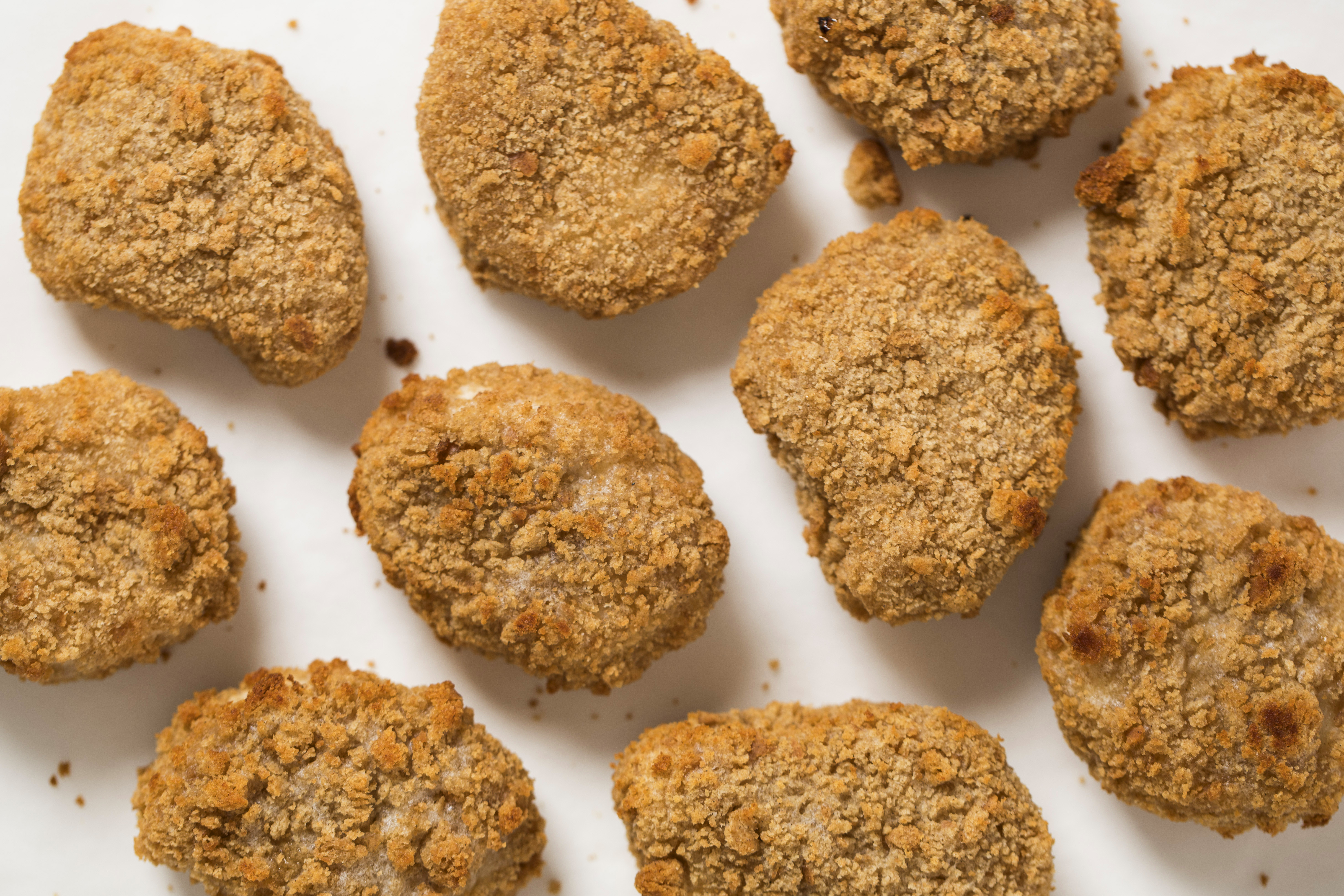 Is your diet killing you?
Is your diet killing you?In Depth New research suggests eating ‘ultra-processed’ foods may increase risk of early death
-
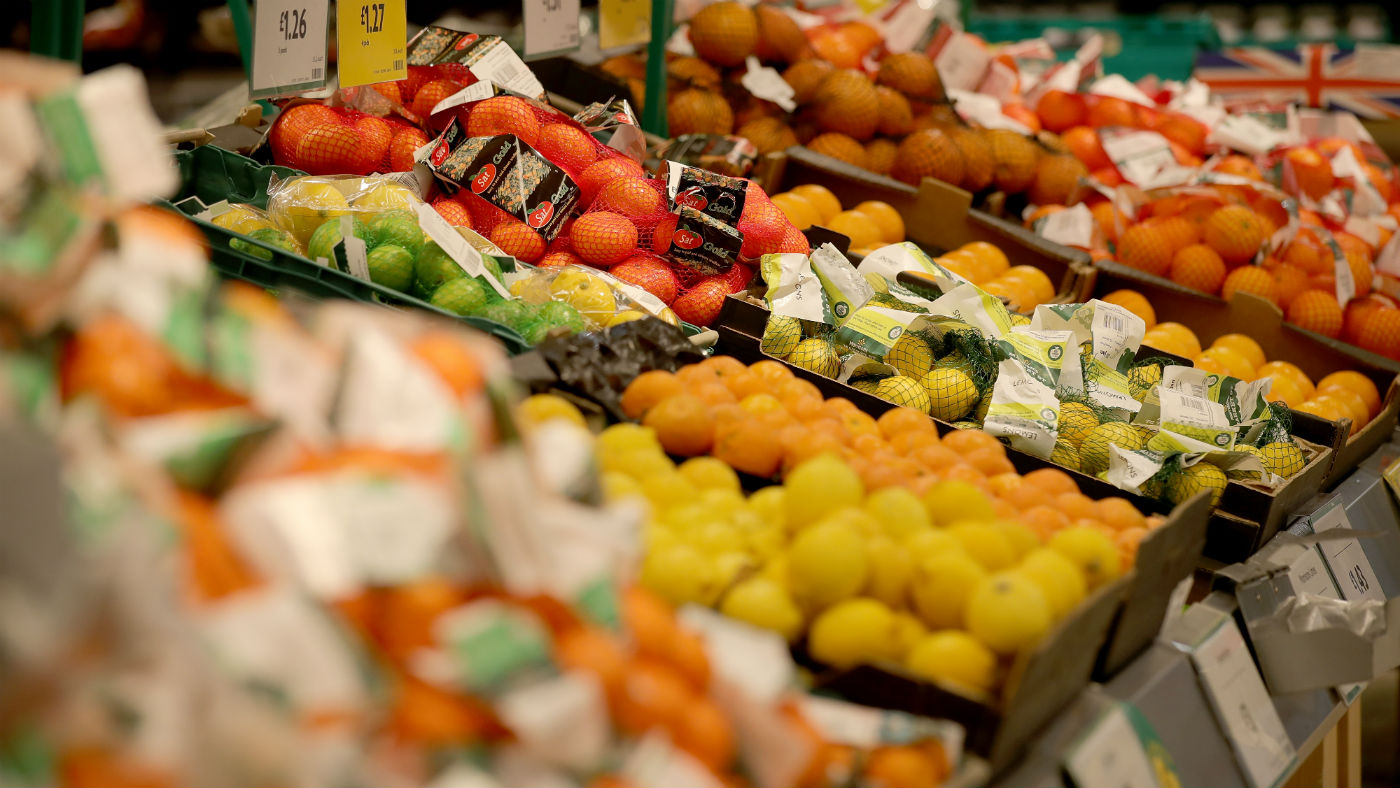 Sacked charity worker claims he is victim of anti-vegan discrimination
Sacked charity worker claims he is victim of anti-vegan discriminationSpeed Read Jordi Casamitjana is seeking to have ethical veganism declared a ‘philosophical belief’ under Equality Act
-
 Is modern life raising our blood pressure?
Is modern life raising our blood pressure?Speed Read Study of remote communities in Venezuelan rainforest sheds fresh light on hypertension
-
 Mediterranean diet ‘may cut risk of depression by a third’
Mediterranean diet ‘may cut risk of depression by a third’Speed Read New research suggests link between eating habits and mental health
-
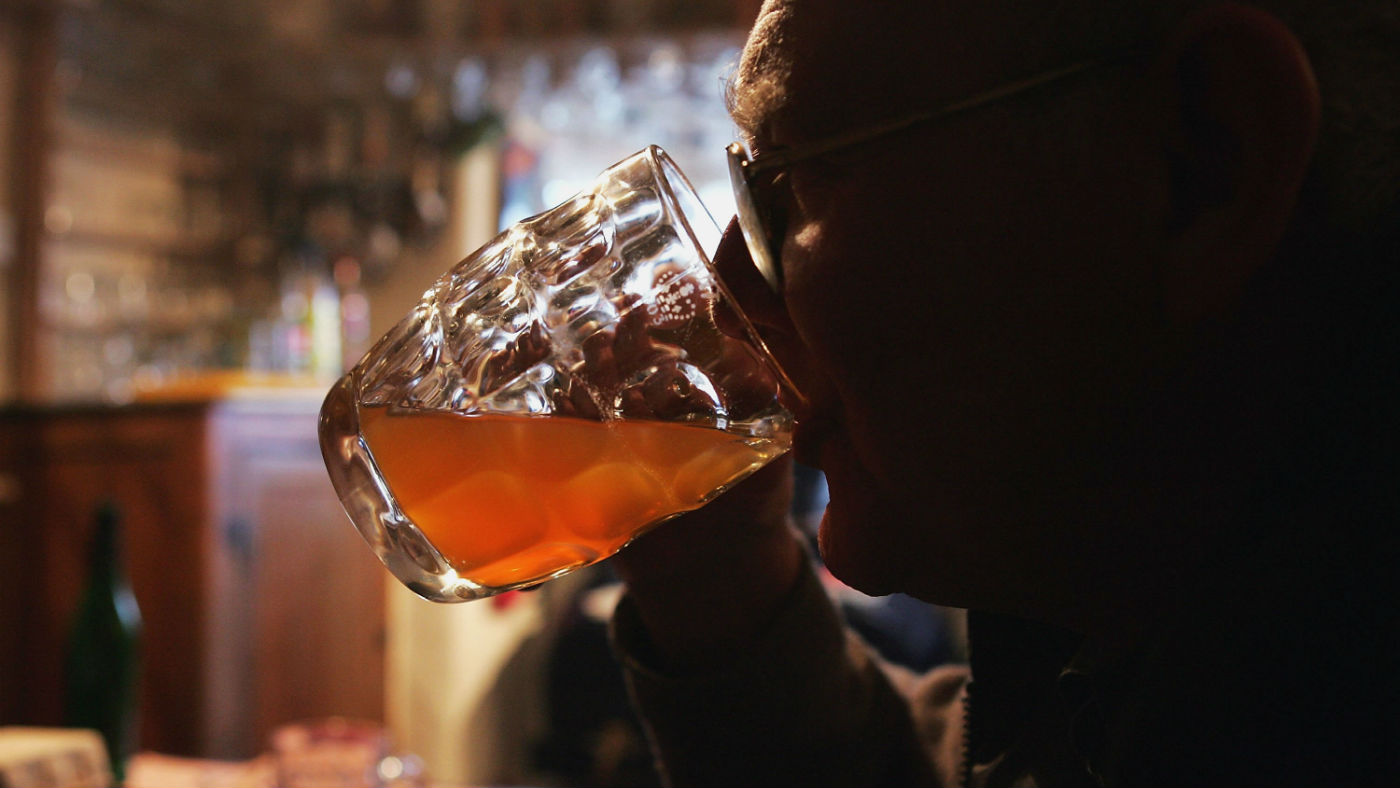 Middle-aged drinkers ‘should have more alcohol-free days’
Middle-aged drinkers ‘should have more alcohol-free days’In Depth Days of abstinence each week would improve sleep and reduce risk of heart disease and cancers
-
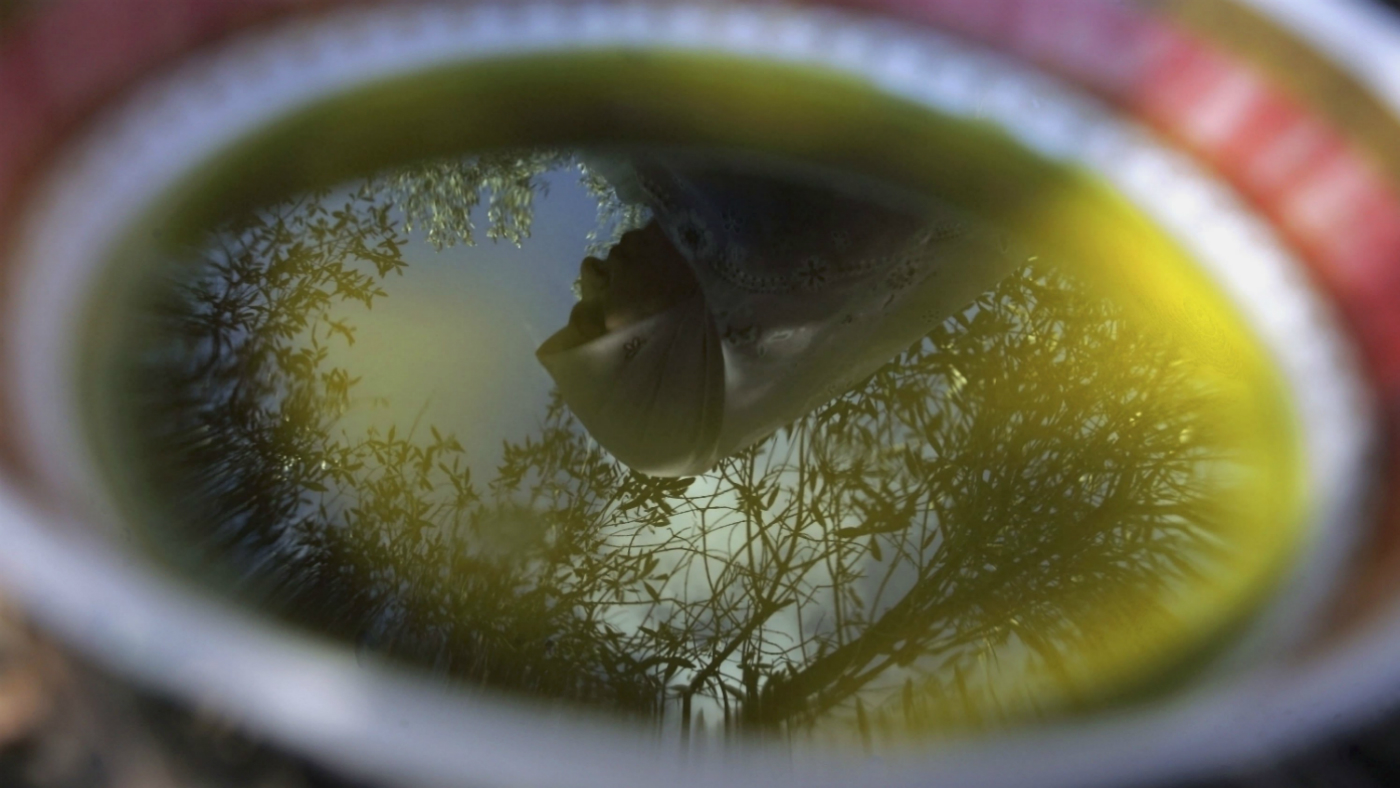 Adopting Mediterranean diet in later life may postpone death
Adopting Mediterranean diet in later life may postpone deathIn Depth New study finds people aged 65 or older who adhere to diet rich in fish, nuts and fresh vegetables have 25% lower risk of death
-
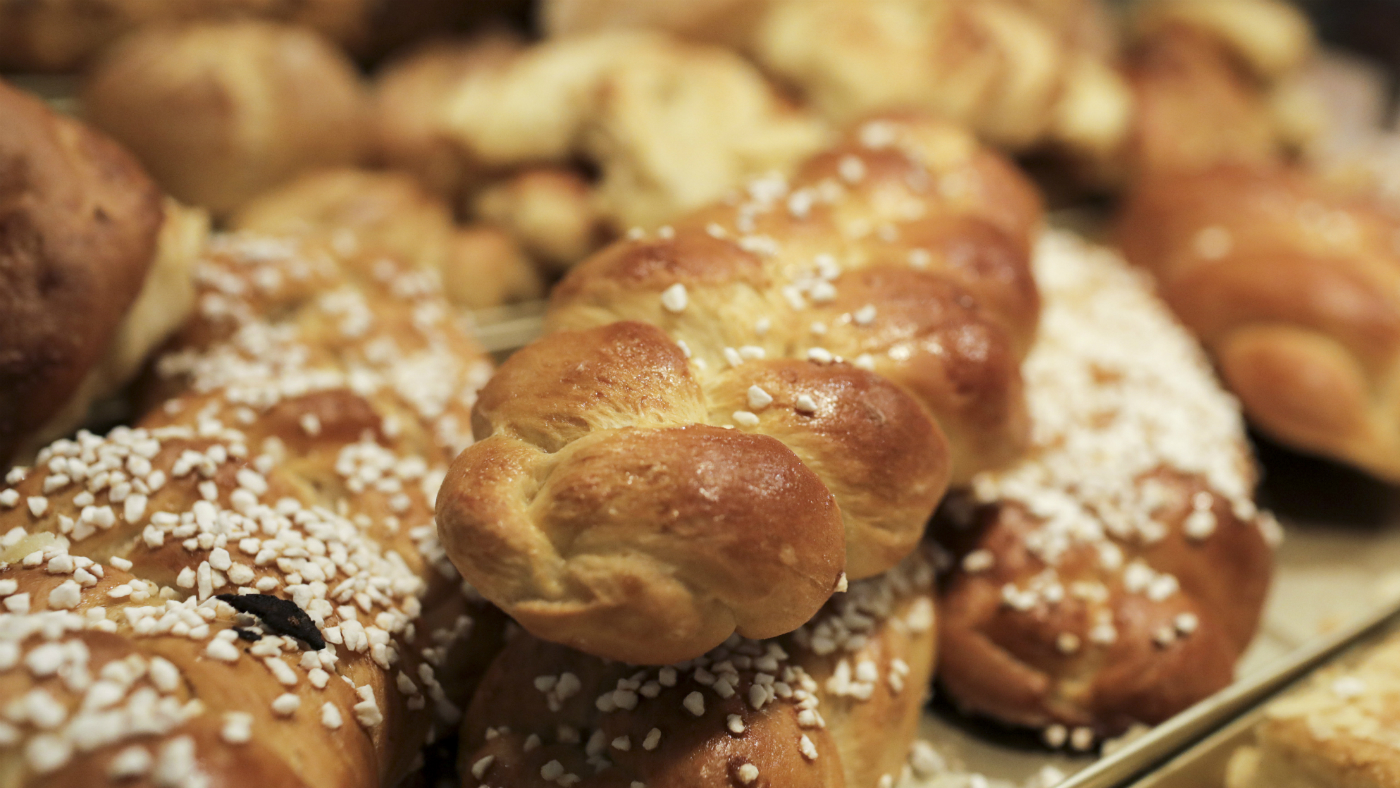 What is a low-carb diet and is it healthy?
What is a low-carb diet and is it healthy?Speed Read Researchers find that diets that are low – and high – in carbohydrates could knock years off people’s lives
-
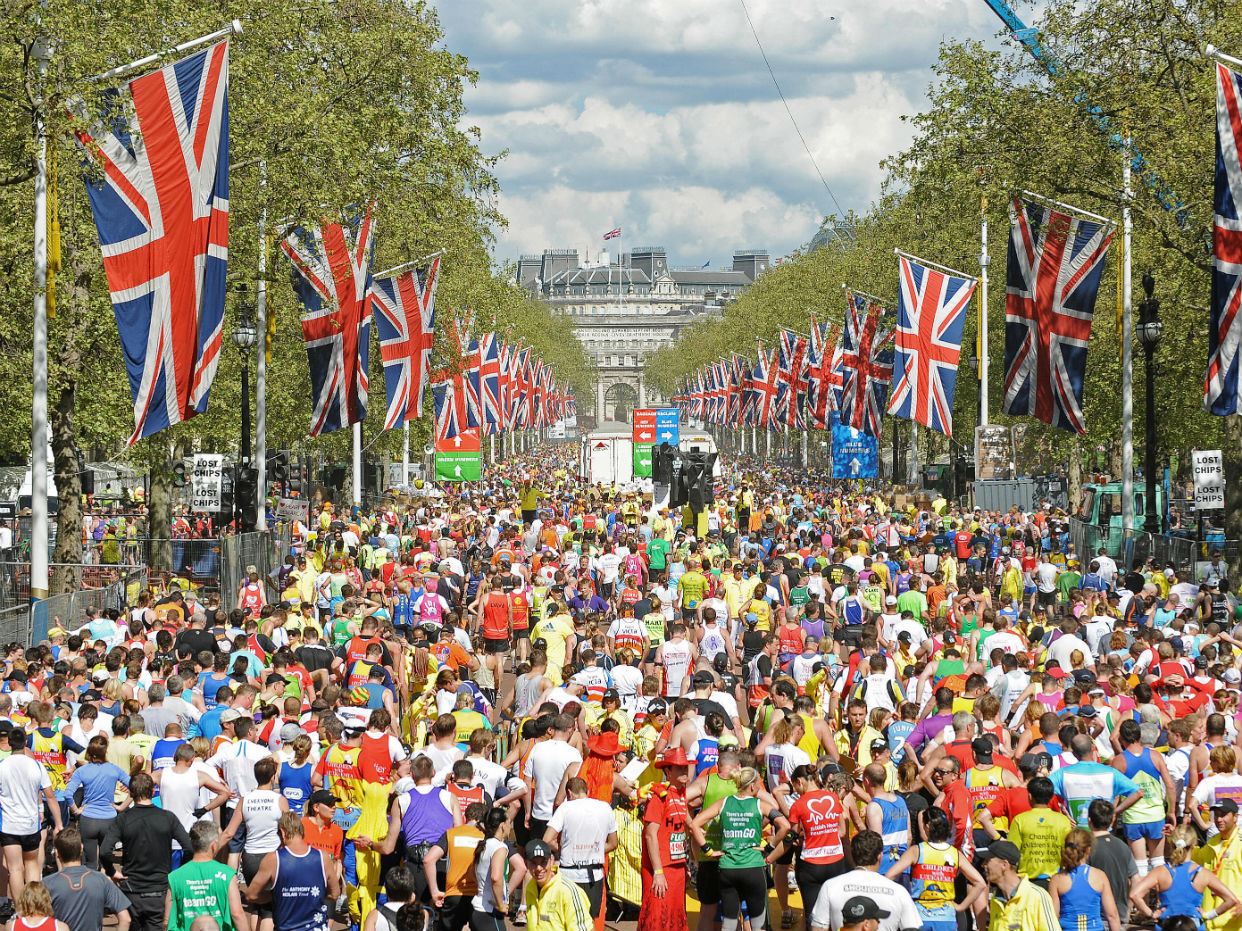 The best diet plan for marathon training
The best diet plan for marathon trainingSpeed Read Complex carbohydrates and simple diet changes could be the secret to setting your personal best